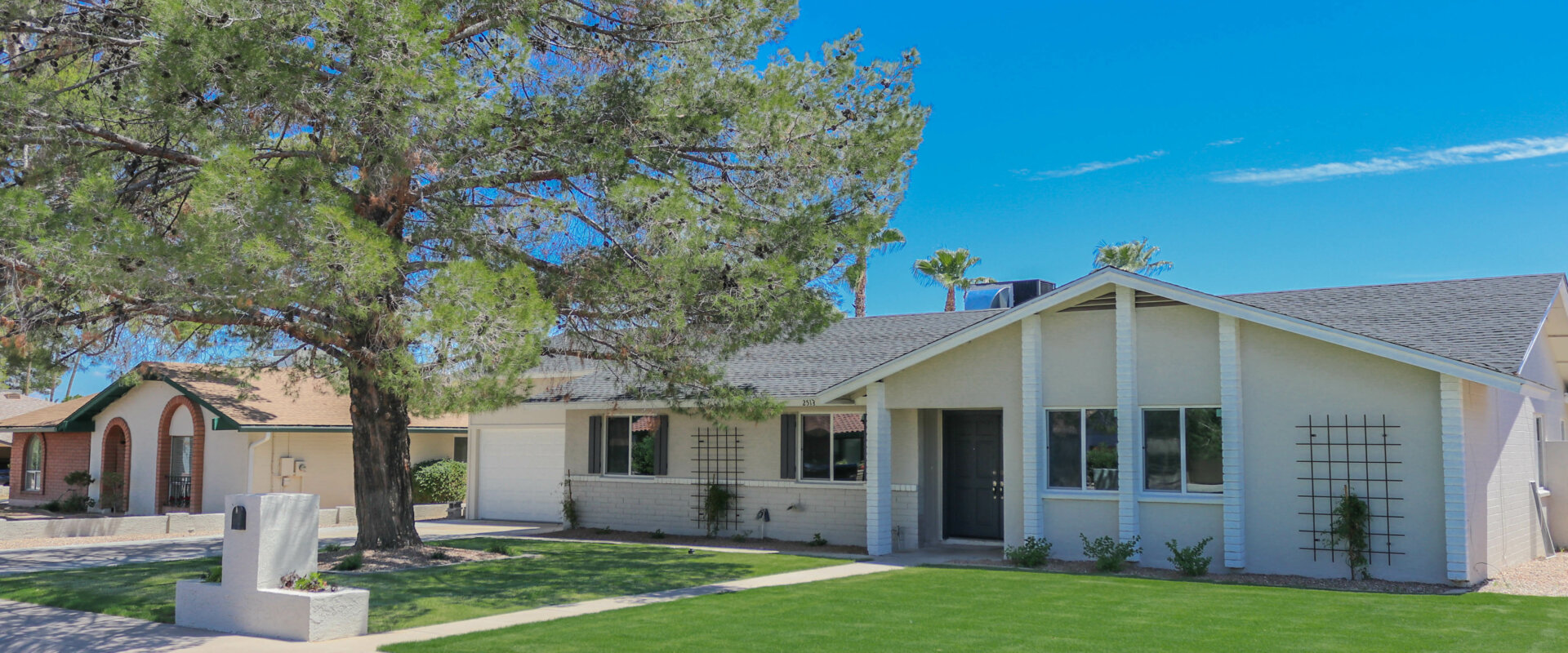
When it comes to taxes, there are many things to consider, but if you’re thinking of selling a second home, there’s one crucial thing you need to keep in mind: the capital gains tax. However, several factors can affect the tax you owe on a second home. Here are nine things to consider:
The Sale Price of the Property
The sale price will determine how much profit you make on the deal. If you’re selling the property for less than you paid, you won’t have to pay any capital gains tax. However, if you’re selling the property for more than you paid, you’ll be liable for capital gains tax on the profit.
The amount of tax you’ll have to pay will depend on several factors, including your marginal tax rate and how long you’ve owned the property. If you’re selling a property that has been your home for a long time, you may be eligible for a partial exemption from capital gains tax. However, it’s always best to speak to a qualified accountant or tax lawyer before making any decisions about selling a property.
The Cost of the Property
This includes the purchase price and any money spent on improvements. This can include renovations, adding a coat of paint, new appliances, or even furniture. The cost of the property can also be deducted from the sale price when working out your capital gains tax bill. If you sell your property for $500,000 and the cost of the property was $300,000, your capital gains would be $200,000. Capital gains tax is only payable on the profit made from selling the property, so it’s essential to keep track of all expenses associated with the property. Doing so can maximize your deductions and minimize your tax bill.
The Time You’ve Owned the Property
When it comes to taxes, the amount of time you’ve owned a piece of property can make a big difference. If you sell a property you’ve owned for less than a year, you’ll be subject to the short-term capital gains tax rate, which is the same as your ordinary income tax rate. However, if you’ve owned the property for more than a year, you’ll be eligible for the long-term capital gains tax rate, which is generally lower. As a result, if you’re considering selling a property, it may be worth holding on to it for at least a year to reduce your tax bill.
The Type of Property
When it comes to real estate, there are a few different types of properties that you can invest in. One type of property is an investment property, defined as a property purchased to generate income from it. Investment properties are subject to a higher capital gains tax rate than personal residences, so it’s essential to keep that in mind if you’re investing in one.
Another type of property is a primary residence, defined as a property lived in by the owner. A primary residence is not subject to capital gains tax, so if you’re considering selling your home, you won’t have to pay any taxes on the sale.
Lastly, there are vacation homes, defined as properties used for leisure or investment purposes. Vacation homes are also not subject to capital gains tax, so if you’re considering a second home, you may want to consider a vacation home instead.
The Value of Your Home
The value of your home can have a big impact on your capital gains tax bill. If your home has appreciated, you’ll owe taxes on the increase in value. However, if your home has depreciated, you may be able to deduct the loss from other income sources.
When calculating the tax, several costs can be deducted from your profits, including real estate commissions, legal fees, and staging costs. This can help reduce the tax you owe on the sale of your property. To deduct these costs, you will need to keep track of all expenses associated with the sale of your home. This includes any advertising costs, repairs, or renovations you may have made to prepare your home for sale. You can maximize your profits and minimize your tax liability by keeping careful records of all expenses.
The 1031 Exchange
This is a tax-deferred exchange of property held for investment or business purposes. It allows investors to suspend the payment of capital gains taxes on the sale of their property by reinvesting the proceeds into another similar property. To qualify for a 1031 exchange, the investor must reinvest all of the proceeds from the sale into another property within 180 days. The property must be of equal or greater value than the sold property, and it must be held for investment or business purposes.
Your state’s laws
Capital gains taxes vary from state to state. If you’re selling a second home in Arizona, research Arizona’s specific laws and regulations before estimating your taxes. Arizona’s capital gains tax laws are relatively straightforward. If you sell a property for more than you paid, you will owe taxes on the difference. The tax rate depends on how long you owned the property and your overall tax bracket. For example, if you are in the 25% tax bracket and sell a property you have owned for more than one year, you will owe a capital gains tax of 15%.
However, if you have owned the property for less than one year, you will owe a capital gains tax of 25%. There are also a few exceptions to the rule. For example, if you are selling your primary residence, you may be eligible for a partial exemption. You can deduct certain expenses, such as real estate commissions and legal fees. Be sure to consult with a tax professional to ensure that you follow all the rules and regulations.
Capital gains tax is a tax on the profit you make when you sell a property. The amount of tax you owe depends on several factors, including property type, how long you owned it, your tax bracket, and your state’s laws. When considering selling a property, it’s essential to research all of these factors before estimating your taxes. You can minimize your tax liability and maximize your profits with careful planning.

